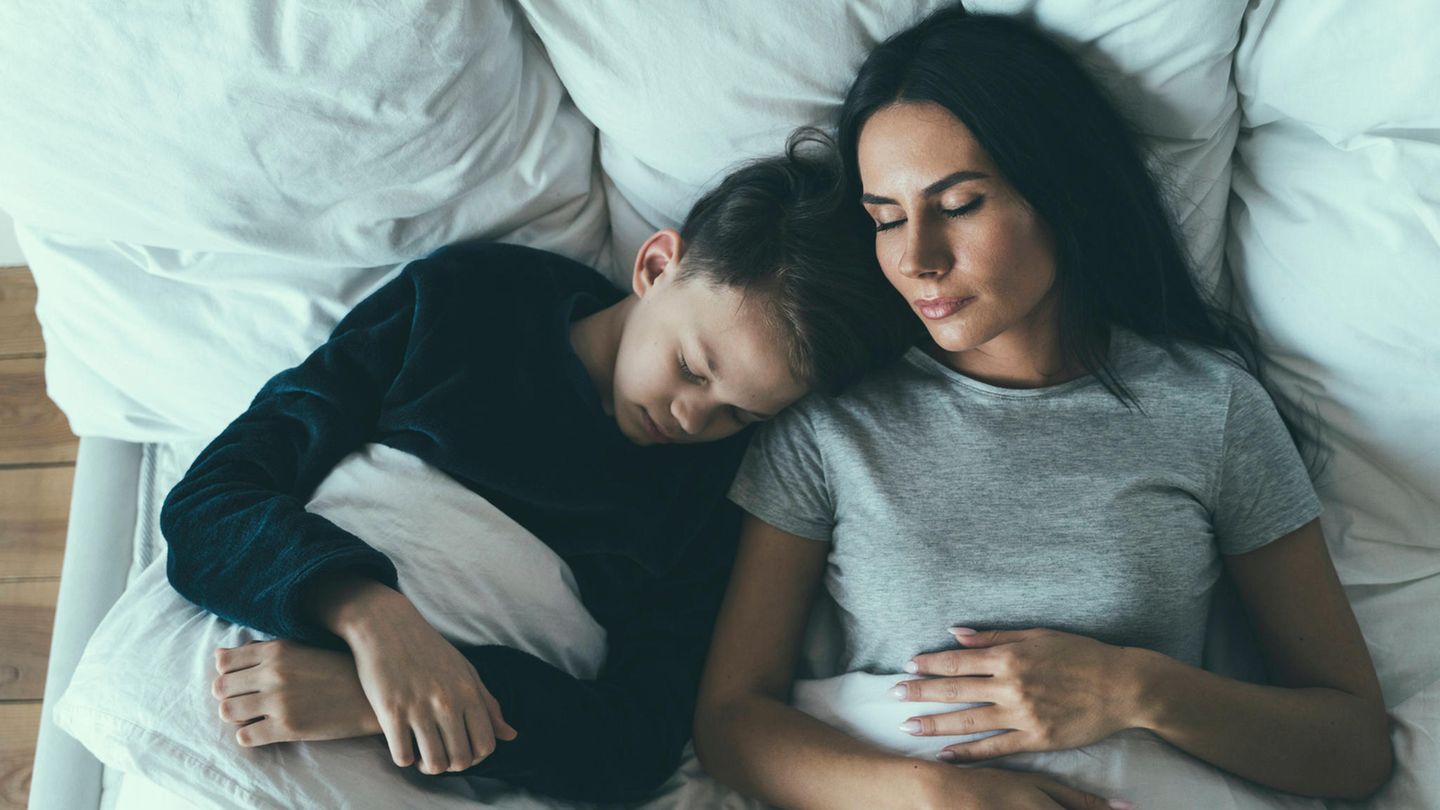Sleep an hour longer! Some people will be looking forward to this at the weekend. But the time change can also put strain on the body, with negative consequences for health.
At three o’clock the time will be set back one hour on the night of Saturday, October 26th to Sunday, October 27th. Although, as always in autumn, it allows us to sleep more, the time change is also causing discussions this year.
Many people complain that the back and forth disrupts their biological rhythms and affects their health. The change to summer time in spring, in which we lose an hour, is particularly unpopular.
Time changes cause problems
According to a representative survey by the health insurance company “DAK-Gesund” last year, one in three people have had physical or psychological problems due to the time change. Accordingly, only 20 percent of those surveyed thought regular time changes made sense.

Forward or back? With these mnemonics about the time change you’ll know
01:20 min
Most commonly, people complained about fatigue and a feeling of sluggishness (82 percent). Problems falling asleep and sleep disorders came second at 68 percent. 44 percent of those surveyed said they had difficulty concentrating after the time change. And more than a third (37 percent) felt irritable. Depressive moods occurred in almost one in five people (for more details on the study, also read: Almost one in three suffers from time changes).
The DAK had already published statistics in 2016 that said that the risk of heart attack increases after switching to summer time. On the day after the time change, the number of cases was 20 percent higher than on other days in the last ten years.
According to a Europe-wide survey in 2018, it looked for a long time as if the time change would be abolished. Since then, however, the EU member states have not been able to agree on whether summer or winter time should apply permanently. In science there is a clear favorite.
The “owls” have it particularly difficult
In the debate, the German Society for Sleep Research and Sleep Medicine advocates maintaining standard time – i.e. winter time. Daylight, and in particular the blue component of sunlight, is the main timer for the so-called human internal clock – and is therefore largely responsible for the wake-sleep rhythm.
According to experts, all of this is best ensured in winter. When switching to summer time, however, there is a risk of a lack of sleep, which leads to a loss of concentration and performance as well as more accidents.
The time change is particularly difficult for late chronotypes, also known as “owls”, explains Michael Schredl, sleep researcher at the Central Institute for Mental Health in Mannheim, to Südwestrundfunk (SWR). “We know from studies that the earlier it is in the morning, the poorer cognitive performance these chronotypes show and are therefore at a disadvantage,” says the scientist.
Although the change to winter time is much more pleasant with an extra hour of sleep, you should give your body time to adapt to the change. It is advisable to spend a lot of time in the fresh air and soak up the sun.
Sources: , , with AFP
Source: Stern
I’m Caroline, a journalist and author for 24 Hours Worlds. I specialize in health-related news and stories, bringing real-world impact to readers across the globe. With my experience in journalism and writing in both print and online formats, I strive to provide reliable information that resonates with audiences from all walks of life.




